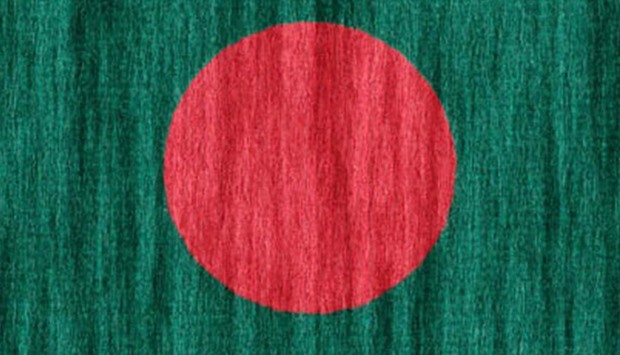The United States has said it is working in ‘new ways’ to help the government of Bangladesh understand and deal with the new contours of threat of violent extremism in addition to expanding programmes that seek to counter this threat.
“Bangladesh has a history of overcoming difficult challenges,” said Nisha Desai Biswal, Assistant Secretary, Bureau of South and Central Asian Affairs, while giving her testimony on Financial Year 2017 budget priorities of the US for South Asia.
She also said they are hopeful that, with a determined partnership, they can also help Bangladesh defeat the extremists and terrorists that threaten vibrant society in Bangladesh.
Biswal, who recently visited Dhaka, said many of the gains that Bangladesh has made in human development and economic growth risk ‘being undermined by the escalating extremist violence.’
According to her written statement submitted for the record at the House Committee on Foreign Affairs, Subcommittee on Asia and the Pacific, in Washington, DC on May 11, with nearly 2.8mn followers, the US embassy Dhaka has the largest Facebook fan base of any US mission in the world, and uses it to reach a large youth audience and present attractive alternatives to violent extremist ideologies.
Biswal said Bangladesh’s rivers and its strategic location in the Bay of Bengal also make it a critical linkage in their regional connectivity efforts.
“Our $207.9mn budget request for FY 2017 will build on past progress to ensure Bangladesh’s future success,” she said, adding that they are investing in Bangladesh’s success because it is a key strategic partner both in South Asia and on global challenges like climate change and peacekeeping.
Describing Bangladesh as a ‘dynamic country’ the US Assistant Secretary said many challenges remain in this dynamic country.
On her recent Dhaka visit in the aftermath of the attack on Xulhaz Mannan, a gay rights activist, she said they underscored Secretary John Kerry’s message to the government and people of Bangladesh that during a time of such challenge it is more important than ever to respect the rule of law, political rights, and the ability for Bangladeshis to speak their mind.
Quoting IMF, Biswal said Bangladesh is projected be a top 30 economy by the year 2030, with its middle-class tripling over the next 10 years. “Countries of South Asia are playing critical roles in regional and global issues that are of great consequence to US interests.”
However, South Asia’s growth will not occur in a vacuum - instability, insecurity, and inadequate institutions could easily derail this success story, Biswal said.
Giving a brief update on the Indo-Pacific Economic Corridor (IPEC), their flagship regional connectivity effort in South Asia, Biswal said the South Asia remains among the least economically integrated regions in the world, and non-tariff barriers to trade are a major cause.
“With targeted interventions, IPEC finds diplomatic and programmatic solutions to such problems and becomes a connectivity force-multiplier,” said the US Assistant Secretary.
In the coming years, Biswal said, the countries of South Asia will assume an ever-greater role and importance in global affairs.
At the same time, she added, there will be more opportunities for US businesses to invest in and trade with the region, which will generate more jobs and economic growth here at home.

BANGLADESH
